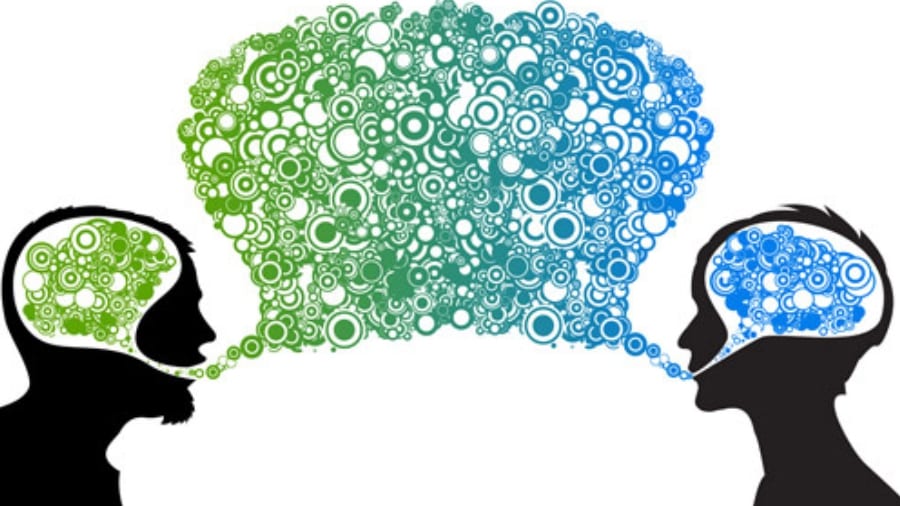 Modern technology has made it possible for us to chat to anyone in the world virtually immediately. Communicating with anyone anywhere has never been so simple and convenient. However, in the events industry, it seems no level of improvement will really fix the communication gap between event planners and their suppliers.
Modern technology has made it possible for us to chat to anyone in the world virtually immediately. Communicating with anyone anywhere has never been so simple and convenient. However, in the events industry, it seems no level of improvement will really fix the communication gap between event planners and their suppliers.
The pace of this industry does not allow for a lot of quiet sit-downs with all the people you need to talk to, in fact—it’s sometimes nearly impossible to get a hold of the correct/relevant person.
Although I can’t guarantee that the following tactics will change your life, they can improve your ability to connect. The aim is to save time and expand your ability to communicate.
- In good ol’ Alexander Graham Bell we trust
Believe me, if there’s one person who avoids a telephone as far as possible, it’s me. I find it much easier to express and list my requirements in an email or text message. BUT, you can’t deny that a phone call still proves to be more effective.
Not only do telephone calls provide you with immediate responses, they also allow for a more detailed and productive conversation. While an email may have you waiting for days, a phone call allows for quick and efficient answers to all your questions and essentially saves you from following up with a second and third email.
You might disagree with this statement purely because of an email’s reliable referencing abilities, but you can always send a follow-up email after the phone call to summarise what you discussed and provide confirmation at a later stage. People are also more likely to respond quickly if the topic is still fresh in their mind.
- Efficiency is key
If you adhere to first point, most of your back-and-forth mailing will be minimised or eliminated, but emails are still essential and as you may very well know, they form a big part in planning a successful event. There is still room to improve the system though.
Most emails I receive in my inbox ramble on about every tiny detail, which leads to me skimming through and only paying attention to the details I’m interested in or in the conclusion (which usually tells me what to do next). Keep your emails short and sweet, include only the bare essentials and get to your point as quickly as possible while still being polite and courteous. This solution may very well decrease the response time and increase your correspondent’s willingness to respond in the first place.
Don’t underestimate the value of automated messages. It saves you time on writing individual emails every so often and it also acts as an effective reminder for your suppliers, attendees, speakers and/or exhibitors about your event and their necessary next steps before the event.
- Remember to remember to remind… everyone
People in the events industry live exceptionally busy lives and are prone to forget things over time. This does not only apply to suppliers, but could include clients, sponsors, speakers, attendees and exhibitors.
Whether you send an email or make a quick phone call, focus on reaching out to these people and ensure that everything is on track for the big event.
- It’s all in the details
Building successful, long-term relationships in this industry requires a fair amount of communication skills and picking up on the details are of vital importance if you intend on calling yourself a skilled communicator.
Always make thorough notes or go into your meetings with a dictation device and keep these organised along with any and all email correspondence.
- Don’t leave anything to the imagination
Effective communication is aided by constant flow. Include next steps, relevant dates and/or call to actions when you’re communicating with event suppliers, clients or attendees. Adding a sense of urgency to your correspondence will make sure they are inclined to follow up with you at the appropriate time.
Strive to improve your communication skills, because it might very well be one of the most important skills a event planner can possess and it can certainly make or break your reputation in this industry.





